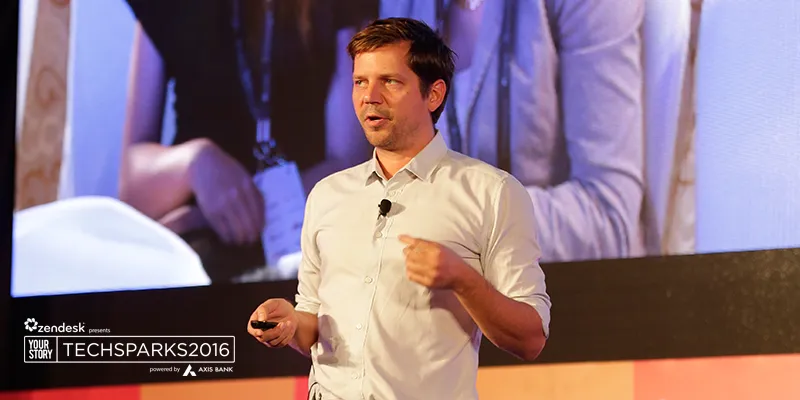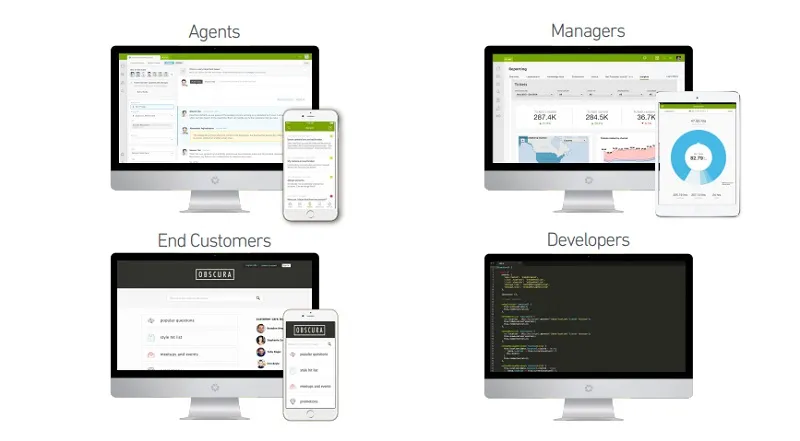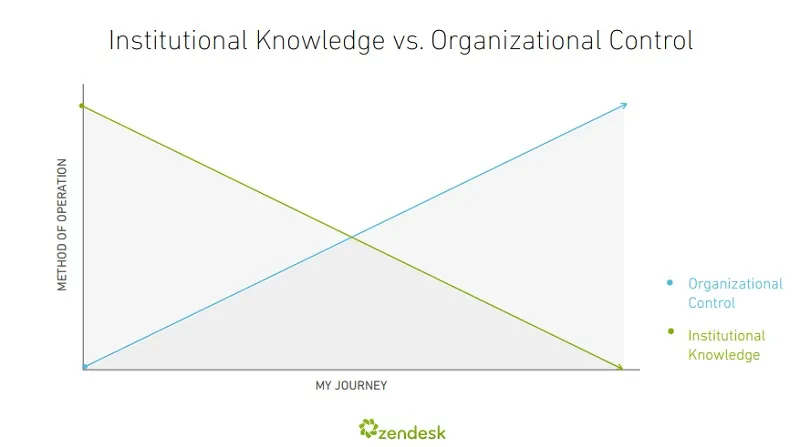4 lessons from Zendesk's success story
Founders of early-stage startups go through emotional turmoil and face a lot of challenges while growing - from hiring the best available talent to managing communication effectively. At TechSparks 2016 on Friday, Morten Primdahl, Co-founder and CTO of Zendesk ,shared four key lessons from Zendesk’s success story.

Finding your competitive advantage
Morten noted that while Zendesk shifted their headquarters to the Silicon Valley, they were posed with a unique challenge of how to hire the right people and find their competitive advantage. Silicon Valley has decades of history of building great startups and the ecosystem works on a symbiotic relationship too, where people are ready to help each other.
But hiring people in Silicon Valley's competitive environment was hard. Morten said, "We didn't know how things worked in Silicon Valley. We had to chase people down the street to find the right employees. Looking back, I would hate to live the first couple of years again."
Morten and his team found an innovative solution to this pain point. They decided to go back to 'their roots' in Denmark to see if they could attract talent from their home country. Morten noted, "We know our culture and how to speak and appeal to Danes and so flew back there in 2011, to hire."
This move paid rich dividends as Zendesk was able to hire a lot of employees, many of whom are currently a part of their core team. Zendesk currently has over 1,500 employees across 35 development teams located across nine product development centres worldwide.
Guide don't glide
Zendesk believes that as engineers are creative people, a company needs to set them free and give them the freedom to work and not dictate their every move. Over the course of their journey, Zendesk has been able to create multiple products and apps tailored for agents, managers, end customers and developers.
Zendesk believes that their success so far can also be attributed to their consistency over the year, which has been developed by giving their engineers the freedom to work.

Developing effective company culture
Morten noted that any company can't put 100 people in a room and automatically expect them to work together. A company has to develop a culture from its early days. Morten said, "At the same time, we didn’t want a super corporate or engineering culture too.”
As a company based out of twelve offices spread across the globe, Zendesk has an open culture and believes in communicating widely and clearly. The company also has different committees taking group decisions. Morten admitted that miscommunication and fights over email do occur from time to time, but these are quickly resolved when people meet in person.
Zendesk has been able to retain a lot of its early employees and culture over the years. Morten recalled that it was a great experience going public on the New York Stock Exchange in 2014, with their early employees by their side.
Institutional knowledge versus organisational control

Morten says that it is easy to document a process when a startup is small, but as it keeps growing bigger the processes become more complex and it is difficult to keep track of what each person is doing. But introducing too many processes can be counter-productive too.
Morten joked that he is an anarchist who is trying to move away from processes and make it easier for a company to operate. He believes that the goal should be to measure the impact on how many people a leader is able to reach and inspire.
Zendesk has a free tool to help startups manage communication- https://www.zendesk.com/inbox







